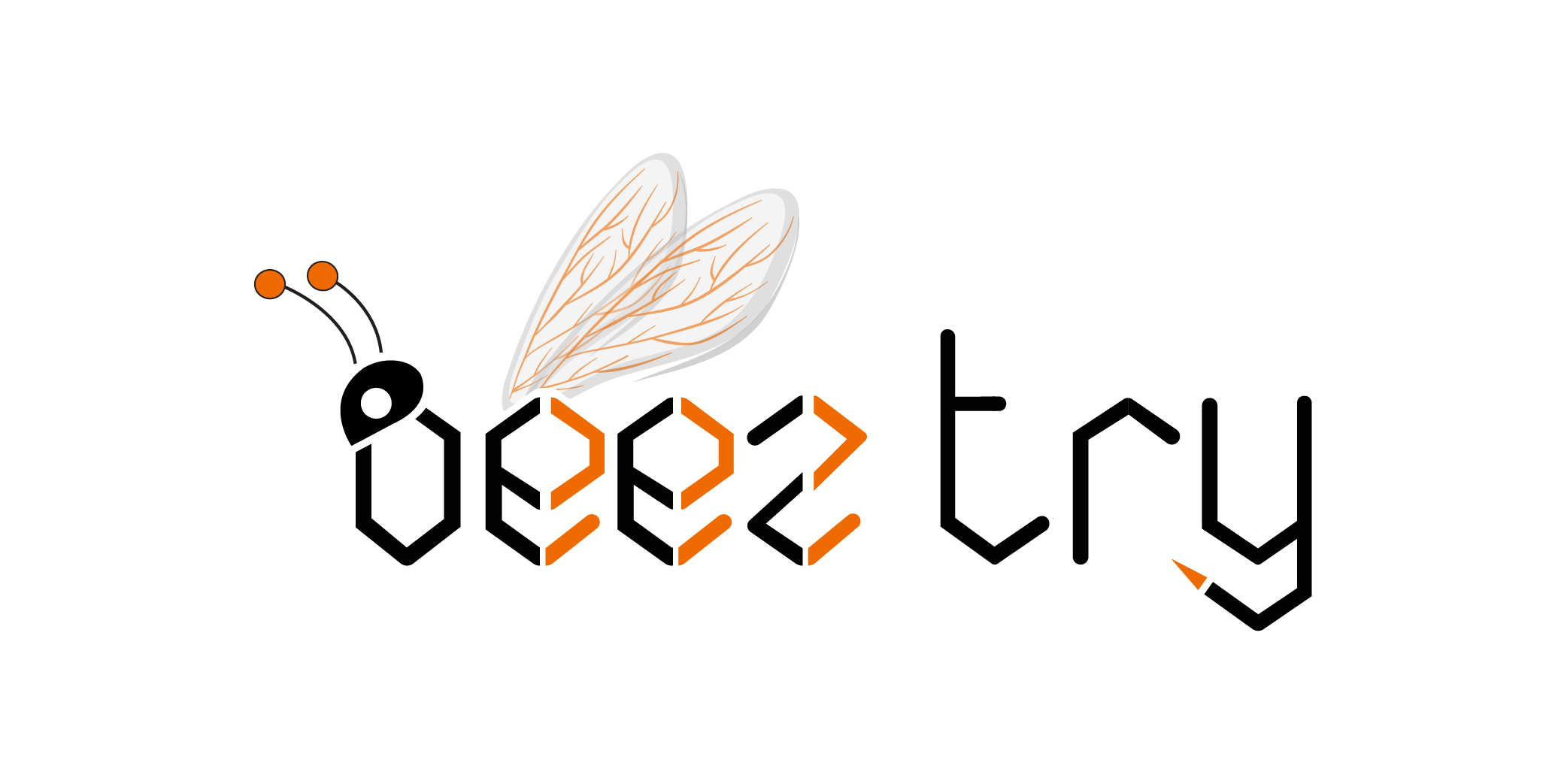Understanding the Impact of ChatGPT on Search Engines
ChatGPT, an advanced conversational AI developed by OpenAI, represents a significant evolution in the realm of information retrieval. Unlike traditional search engines, which rely on complex algorithms to index and rank web pages, ChatGPT employs natural language processing to understand and generate human-like responses. This fundamental difference in operation allows ChatGPT to deliver more personalized and relevant information quickly and efficiently.
One of the key advantages of ChatGPT over conventional search engines is its ability to provide direct answers to user queries rather than a list of links. This efficiency means users spend less time sifting through search results and more time obtaining the information they need. For instance, while a traditional search engine might return multiple web pages in response to a query, ChatGPT can synthesize information from various sources to deliver a concise, accurate answer.
The user experience enhancements offered by ChatGPT are another factor contributing to its potential disruption of traditional search engines. Users are increasingly seeking more conversational and interactive engagements with technology. ChatGPT’s capacity to understand context, maintain the flow of conversation, and provide nuanced responses makes it a compelling alternative to the static and sometimes impersonal results offered by search engines.
Furthermore, ChatGPT’s personalized responses can cater to the specific needs and preferences of users, enhancing their overall experience. In contrast, search engines often provide generic results that may not always align with an individual’s unique context or intent. This personalized interaction can lead to increased user satisfaction and, consequently, a decline in the reliance on traditional search engines.
Case studies and examples have already begun to illustrate the impact of ChatGPT on search behaviors. For instance, businesses integrating ChatGPT into their customer service platforms have reported significant reductions in the volume of search engine queries. Users prefer the immediate, precise answers provided by ChatGPT over the traditional process of navigating through search results. These shifts indicate a broader trend towards conversational AI and its growing influence on user habits and expectations.
In conclusion, as ChatGPT continues to evolve and improve, its impact on traditional search engines is likely to become more pronounced. The efficiency, personalization, and conversational nature of ChatGPT provide compelling reasons for users to shift away from conventional search methods, signaling a transformative change in how we access and interact with information.
Adapting AdSense to a ChatGPT-Dominated Digital Landscape
As ChatGPT and similar AI-driven conversational interfaces gain prominence, the traditional model of web-based search engines is poised for a transformative shift. This evolution presents both significant challenges and unique opportunities for Google’s AdSense program. One of the primary concerns is how ad placements can adapt to fit within the conversational flow of AI interfaces without disrupting user experience. Traditional banner ads and pop-ups may become less effective or even obsolete in this new paradigm. Instead, context-aware advertising, which seamlessly integrates into user interactions, will be crucial.
Context-aware advertising leverages the AI’s understanding of the conversation to present relevant ads at the right moment, thereby enhancing user engagement. For instance, if a user is discussing travel plans with ChatGPT, an unobtrusive ad for flight deals or hotel bookings could be seamlessly integrated into the discourse. This approach not only maintains the flow of the conversation but also ensures that advertisements are more pertinent and valuable to the user.
To remain competitive in this AI-driven environment, AdSense must evolve to incorporate advanced algorithms that can understand and predict user intent in real-time. This shift necessitates significant investments in machine learning and natural language processing to ensure that ads are contextually relevant and non-intrusive. Furthermore, the development of new ad formats specifically designed for conversational interfaces will be essential. These formats may include interactive ads that allow users to engage directly with the content without leaving the AI interface.
Additionally, new revenue models and monetization strategies will likely emerge as a result of this shift. Subscription-based models, premium content access, and sponsored AI interactions are potential avenues for generating revenue. Industry experts predict that the future landscape of digital advertising will be increasingly centered around personalization and user experience, with AI playing a pivotal role in driving these changes.
In this rapidly evolving digital landscape, Google’s AdSense program must adapt to the changing dynamics brought about by conversational AI. By embracing context-aware advertising, developing innovative ad formats, and exploring new revenue models, AdSense can continue to thrive and provide value to both advertisers and users in a post-search engine world.






